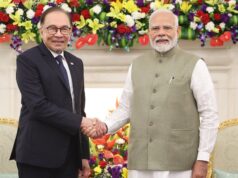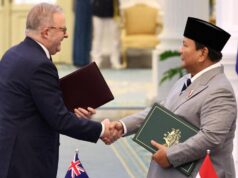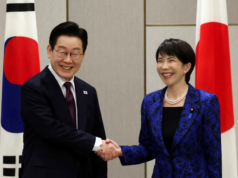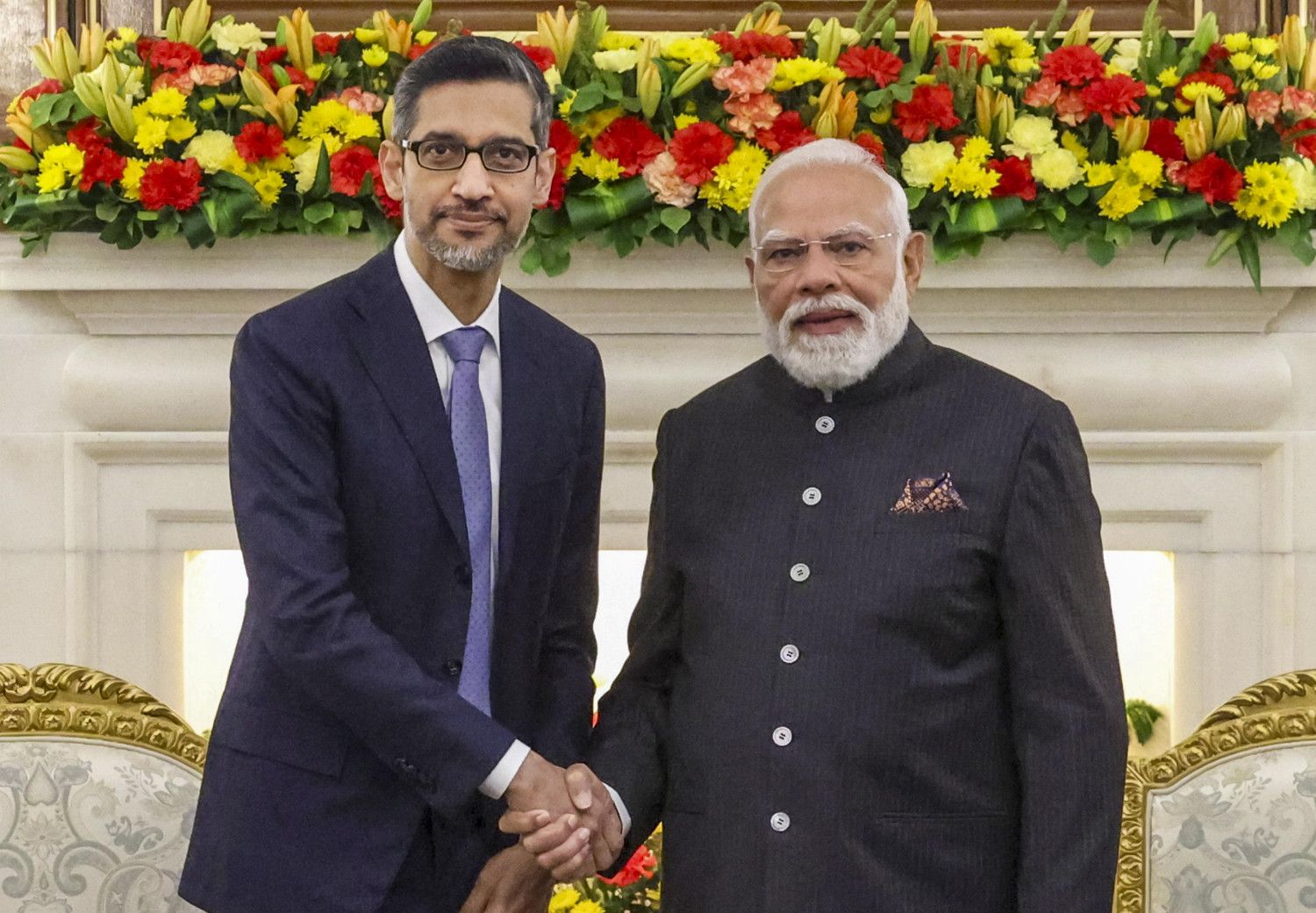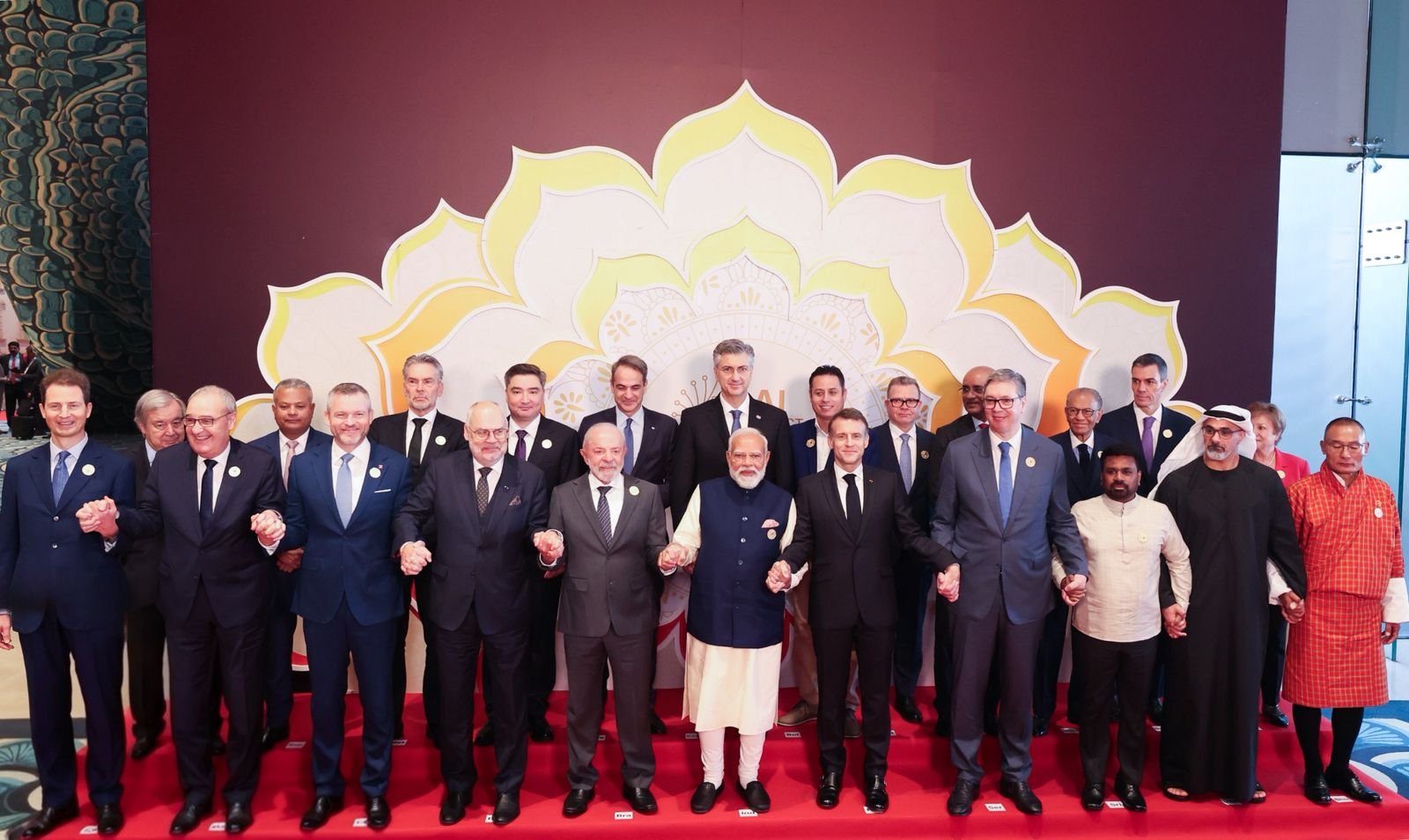Cultural diplomacy is emerging as a cornerstone in Việt Nam’s global strategy to enhance its influence, build international partnerships, and showcase the rich heritage of its people. In 2024, Việt Nam demonstrated the transformative power of cultural diplomacy through initiatives and achievements that have cemented its role as a global cultural ambassador.
Bridging Continents Through Culture
Children in Brazil marvelled at the intricate art of Vietnamese water puppetry, a tradition rooted in the Red River Delta’s rice paddies. Thousands of miles away, in the heart of Saudi Arabia’s deserts, locals were transported into a vibrant tropical oasis created by Việt Nam’s cultural displays. Here, artisans shaped traditional “to he” figurines, crafting desert-themed creations like camels, merging Việt Nam’s heritage with local symbolism. These moments of cultural exchange are powerful illustrations of Việt Nam’s cultural diplomacy, which not only promotes its unique identity but also fosters mutual respect and understanding between nations.
A Model for Soft Power
Việt Nam’s strategy of cultural diplomacy has earned international acclaim. Experts describe it as a pivotal “soft power strategy” that elevates the nation’s standing on the global stage. By blending cultural, political, and economic diplomacy, Việt Nam has enhanced its global influence and reinforced its relationships with international partners. Deputy Director-General of UNESCO Xing Qu lauded Việt Nam’s cooperation with the organization, describing it as a model for collaboration and a benchmark for other nations. This is underscored by Việt Nam’s active role in UNESCO’s governance, including its Vice Presidency of the UNESCO General Conference since November 2023 and the General Assembly of State Parties to the 2003 Convention for Safeguarding Intangible Cultural Heritage since June 2024.
Surpassing Ambitious UNESCO Targets
Việt Nam has achieved unprecedented success in preserving and promoting its cultural heritage on the global stage. Originally targeting 60 UNESCO titles by 2030, the nation has already surpassed this goal, securing 67 titles.
Among the 2024 highlights:
- Ho Chi Minh City and Son La joined the Global Network of Learning Cities in February 2024.
- The Nine Dynastic Urns at the Hue Imperial Citadel were inscribed in the Memory of the World Register in May.
- The Bà Chúa Xứ festival on Núi Sam in An Giang province was recognized as Intangible Cultural Heritage of Humanity in December.
These accomplishments not only protect Việt Nam’s cultural legacy but also showcase its contributions to global heritage.
Cultural Diplomacy and Tourism Growth
Cultural diplomacy has played a significant role in Việt Nam’s burgeoning tourism sector. In 2024, the country welcomed 17.5 million international visitors—a 38.9% year-on-year increase. Recognized as “Asia’s Leading Destination,” “Asia’s Leading Heritage Destination,” and “Asia’s Leading Nature Destination” at the World Travel Awards, Việt Nam’s appeal lies in its unique blend of natural beauty, history, and cultural heritage.
By captivating international audiences with its culture, Việt Nam has laid the groundwork for cooperation, tourism growth, and sustainable economic benefits.
Global Influence Through Cultural Exchanges
The nation’s cultural diplomacy extends beyond performances and exhibitions. In Italy, for example, Vietnamese culture enriched New Year celebrations with opera singer Maria Ielli performing Vietnamese renditions of Puccini’s classics. Such efforts reflect Việt Nam’s ability to seamlessly integrate its traditions into global cultural landscapes.
Việt Nam’s linguistic influence is also growing. Vietnamese is now part of the undergraduate program at Ca’ Foscari University in Venice, and the University of Turin will begin offering it in February 2025. This recognition of the Vietnamese language elevates the nation’s stature, surpassing many other Asian countries whose languages lack similar acknowledgment.
Achievements in Diplomatic and Cultural Influence
The Lowy Institute Asia Power Index 2024 highlighted Việt Nam’s gains in global influence, particularly in diplomatic (+3.3) and cultural (+1.9) influence. Despite limited resources, Việt Nam’s “positive power gap” reflects its ability to exert influence beyond expectations. Nguyễn Việt Hà, Executive Director of the Việt Nam Australia Cultural Exchange Organisation, emphasized culture as a “sharp tool” in Việt Nam’s international strategy. As Vietnamese culture resonates globally, it elevates the nation’s reputation, fosters friendships, and strengthens political trust.
A Comprehensive Strategy
Việt Nam’s cultural diplomacy is part of a broader strategy that encompasses political, economic, and people-to-people diplomacy. This multifaceted approach reflects the nation’s comprehensive strength and its commitment to enhancing soft power.Researcher Ling Dequan described 2024 as a “very marvelous” year for Việt Nam, highlighting its remarkable cultural and diplomatic milestones.
Looking Ahead
As Việt Nam continues to embrace cultural diplomacy, its achievements serve as an inspiration for other nations. Through cultural exchanges, global partnerships, and the preservation of its heritage, Việt Nam is not only raising its value on the world stage but also contributing to a richer, more interconnected global cultural landscape. The recognition and success of Việt Nam’s cultural diplomacy are a testament to its enduring commitment to showcasing its heritage and fostering international understanding. As the nation moves forward, its cultural legacy will undoubtedly continue to shine brightly, enriching the world and solidifying its global influence.


